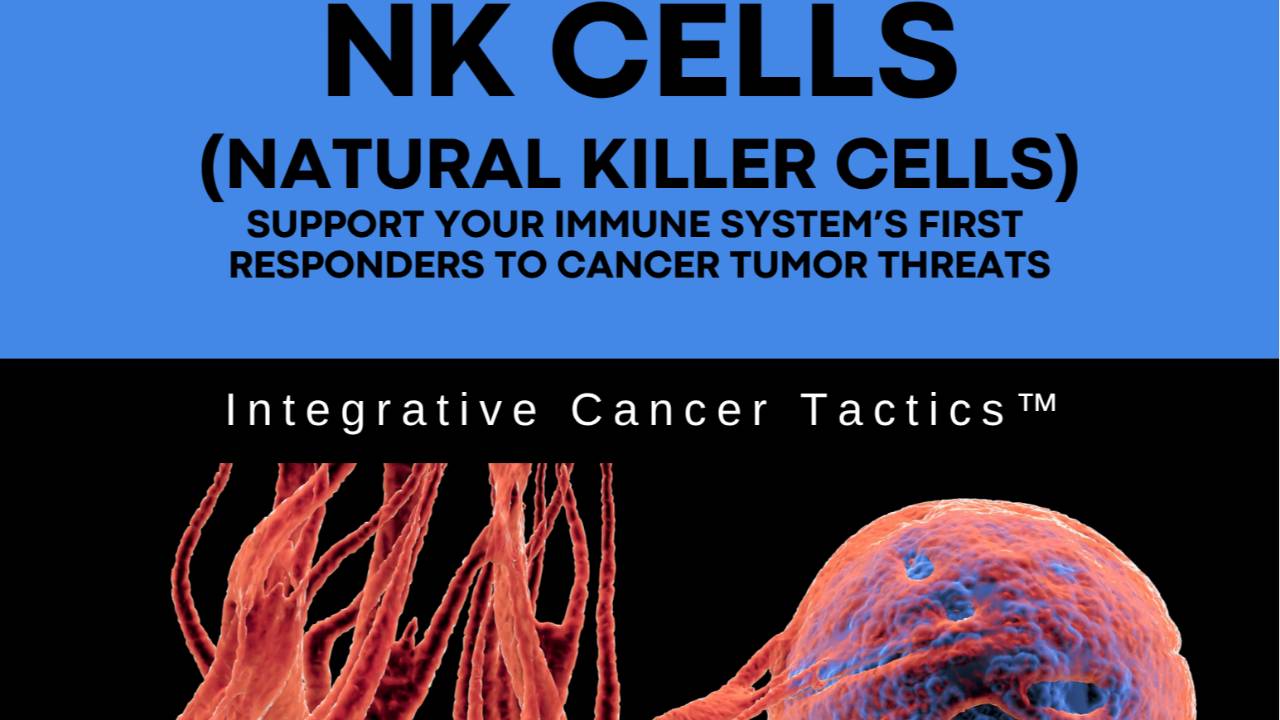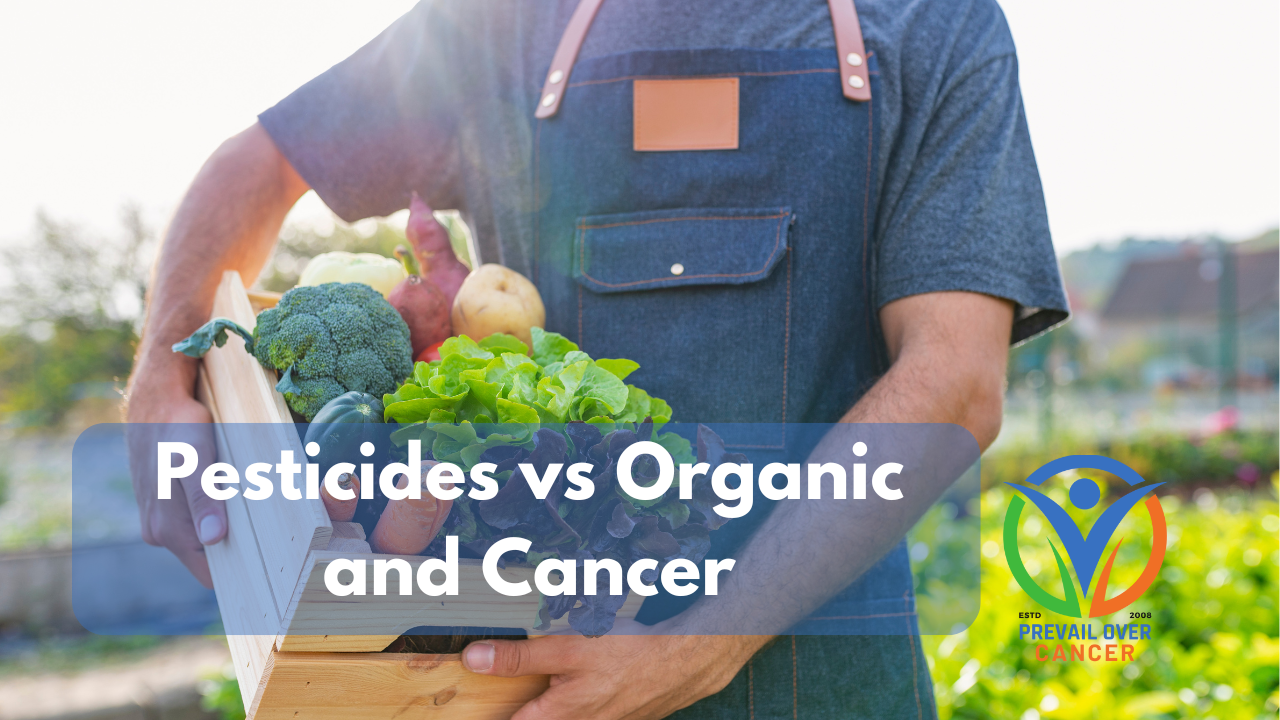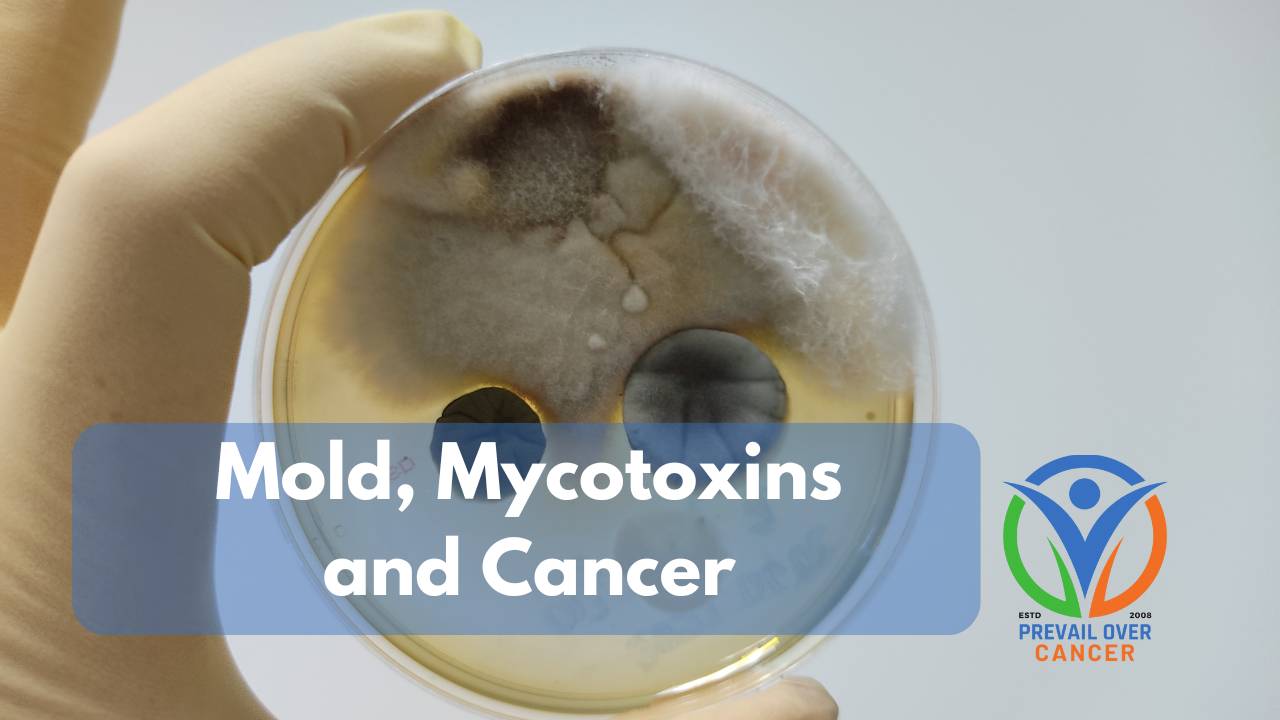This is why I eat Walnuts daily: Unlocking Urolithin A for Cancer Prevention and Gut Health
Soaking walnuts may sabotage your body’s ability to produce Urolithin A—a gut-derived compound with powerful anticancer, anti-inflammatory, and mitochondrial energy benefits. Here’s what science says and how to compensate.
Researched and Written by Keith Bishop, Clinical Nutritionist, Cancer Coach, Retired Pharmacist, and Founder of Prevail Over Cancer
In the evolving landscape of integrative oncology and precision nutrition, few compounds have sparked as much interest as Urolithin A (UA)—a gut-derived metabolite with compelling anticancer, anti-inflammatory, and mitochondrial-enhancing properties. Let’s unpack what it is, how it’s made, and how to harness its full potential.
What Is Urolithin A and Where Does It Come From?
Urolithin A is not found directly in food. Instead, it’s a postbiotic—a compound produced by your gut microbiota when they metabolize ellagitannins, polyphenols found in:
- Pomegranates
- Walnuts
- Raspberries
- Strawberries
- Pecans
Once consumed, ellagitan...
Maitake Mushrooms and Cancer: Evidence-Based Benefits, Preparation Tips, and Supplement Guide
Discover how maitake mushrooms support immune function, enhance chemotherapy outcomes, and fit into integrative cancer care—backed by peer-reviewed research and practical dosing strategies.
Researched and written by Keith Bishop, Clinical Nutritionist, Cancer Coach, Retired Pharmacist, and Founder of Prevail Over Cancer
Maitake mushrooms (Grifola frondosa) have long been revered for thousands of years in natural traditional medicine. Still, modern science is now catching up—revealing potent anticancer properties that make them a compelling addition to integrative oncology protocols. From strengthening the body's defense system against cancer (immune modulation) to increasing the potency of chemotherapy drugs (synergy with chemotherapy), maitake’s bioactive compounds have been spotlighted in both clinical trials and laboratory studies published in peer-reviewed literature. This growing body of research demonstrates how maitake may play a multifaceted role in integrative cancer care. T...
Magnesium Deficiency and Cancer: A Silent Risk Factor You Can Fix Today
Learn which cancers are linked to low magnesium, how it impacts pain, sleep, immunity, and the form I trust most.
Researched and written by Keith Bishop, Clinical Nutritionist, Cancer Coach, Retired Pharmacist, and Founder of Prevail Over Cancer
Flashier nutrients in discussions about cancer often overshadow magnesium, yet it plays a foundational role in cellular health, immune regulation, and metabolic balance. Emerging research reveals that magnesium deficiency may not only increase cancer risk but also impair recovery, worsen treatment side effects, and disrupt quality of life. Let’s explore the science behind magnesium’s anticancer benefits—and why it deserves a central place in integrative oncology.
Magnesium’s Role in Cancer Biology
Magnesium is a cofactor in over 600 enzymatic reactions, including DNA repair, RNA synthesis, and ATP production. It regulates oxidative stress, inflammation, and calcium signaling—all of which are tightly linked to cancer development and progress...
From Microplastic to Prevention: Detox with Nature’s Tools
Microplastics - Meet Your Match!
A Deep Dive into Fiber, Beta-Glucans, Herbs, Binders, and Probiotics That Help Remove Microplastics from the Body
Researched and written by Keith Bishop, Clinical Nutritionist, Cancer Coach, Retired Pharmacist, and Founder of Prevail Over Cancer.
Microplastics: The Invisible Threat Inside Us
Microplastics—tiny plastic particles less than 5mm in size—are no longer just an environmental concern. They’ve infiltrated our food, water, air, and even our bodies. Recent studies estimate that the average person consumes tens of thousands of microplastic particles annually, with some estimates reaching over 100,000 particles per year through food and beverages alone.
These particles don’t just pass through harmlessly. Research shows they can:[i]
- Cross the intestinal barrier into the body
- Trigger chronic inflammation
- Disrupt hormonal signaling
- Generate oxidative stress
- Potentially contribute to carcinogenesis through DNA damage and immune dysregulation ...
Top Lab Tests That Reveal Hidden Cancer Risks: A Functional Medicine Guide to Terrain-Based Healing
From Glucose and Ketones to Genetics and Toxins—Why Testing Beats Guessing in Cancer Prevention and Metabolic Therapy
Written and researched by Keith Bishop, Clinical Nutritionist, Cancer Coach, Retired Pharmacist, and founder of Prevail Over Cancer
What if the most dangerous cancer risks aren’t visible on a scan or felt in the body—but quietly building in your blood, urine, and genes?
In cancer care, guessing is gambling. Symptoms can be vague, and even “clean” imaging doesn’t mean the terrain is safe. That’s why lab testing isn’t just helpful—it’s essential. From glucose and ketones to hormone metabolites and heavy metals, these biomarkers reveal the biochemical landscape cancer cells exploit—and the ones we can disrupt.
Whether you're navigating active treatment, remission, or prevention, here’s a breakdown of the tests I recommend most often for clients—and why they matter.
The following tests are part of what I help clients with and are not a comprehensive list. It is essenti...
Enhancing Your NK Cell Activity Against Cancer

Improving Your Natural Killer (NK) Cell Function:
Your Immune System's Frontline Warriors Against Cancer
Researched and written by Keith Bishop, Clinical Nutritionist, Cancer Coach, Retired Pharmacist, and founder of Prevail Over Cancer.
Natural Killer (NK) cells are a vital component of our innate immune system, acting as the body's first line of defense against cancerous and virally infected cells.[i] Unlike other immune cells, NK cells can recognize and eliminate abnormal cells without prior sensitization, making them crucial in the early detection and control of tumors.[ii]
Natural Killer (NK) cells are a special kind of white blood cell that belongs to a group called lymphocytes, which help defend your body. They make up about 5–15% of your lymphocytes in the bloodstream[iii]. Unlike other immune cells like T cells and B cells, which need to “learn” what to attack, NK cells are part of your body’s fast-acting, built-in defense system. They can quickly recognize and attack vi...
Organic vs. Conventional Produce: Cancer Risk, Pesticide Exposure, and the Fight for Transparency

Exploring the Science Behind Organic Foods, Farmworker Health and Cancer Risks, and the Controversial Congressional Bill Shielding Pesticide Manufacturers
Researched and written by Keith Bishop, Clinical Nutritionist, Cancer Coach, Retired Pharmacist and Founder of Prevail Over Cancer.
As cancer rates continue to rise across the U.S., especially in agricultural states like Iowa, many are asking: could the food we eat—and how it’s grown—be part of the problem?
🚜 Conventional Produce and Pesticide Exposure
Conventional fruits and vegetables are often grown with synthetic pesticides and herbicides, including glyphosate, malathion, and chlorpyrifos—chemicals classified as probable or possible human carcinogens by the International Agency for Research on Cancer (IARC). While regulatory agencies like the EPA set limits on residue levels, recent studies suggest that even low-level, chronic exposure may contribute to cancer risk.
📍 Who’s Most at Risk?
- Farmworkers and pesticide applicat...
Monk Fruit Sweetener and Cancer
From Monastery Remedy to Modern Research: How Monk Fruit Is Sweetening the Fight Against Cancer
Researched and written by Keith Bishop, Clinical Nutritionist, Cancer Coach, Retired Pharmacist, and Founder of Prevail Over Cancer
The Sweet Origin Story of Monk Fruit
Monk fruit, also known as Luo Han Guo, comes from a vine native to China’s Guangxi province. Buddhist monks first cultivated it over 200 years ago to sweeten herbal brews and soothe coughs. The fruit owes its intense sweetness to mogrosides—triterpene glycosides 200–350 times sweeter than sucrose—and is recognized as safe by the FDA.[1]
How Monk Fruit Keeps Blood Sugar in Check
Early animal studies indicate that mogroside-rich extracts may help lower fasting blood glucose levels, enhance insulin secretion, and reduce oxidative stress in diabetic mice.[2]
Human trials echo these benefits: participants consuming monk fruit extract experienced 10–18% smaller post-meal glucose spikes and 12–22% lower insulin responses...
Dandelion Root and Cancer: What Science Says
Dandelions may be the most underestimated plant in your backyard. While often dismissed as weeds, their roots have been studied for surprising anticancer properties. Let’s delve into what the research reveals, how to use dandelion root safely, and what to be aware of if you're undergoing cancer treatment.
Anticancer Actions of Dandelion Root
Dandelion root extract (DRE) contains bioactive compouP%$nds like taraxasterol, chlorogenic acid, luteolin, and sesquiterpene lactones. These compounds have shown the ability to:
Mold, Mycotoxins, Liver Damage and Cancer Risk

Researched and written by Keith Bishop, Clinical Nutritionist, Cancer Coach, Retired Pharmacist, and Founder of Prevail Over Cancer.
Mold and fungus are more than just household nuisances — they may pose serious health risks, including contributing to cancer development. While not all mold exposure leads to disease, particular species produce mycotoxins, toxic compounds that have been linked to liver, kidney, and esophageal cancers. This Prevail Over Cancer blog post examines the science behind mold-related health risks, provides guidance on testing your environment and body, and offers actionable strategies to minimize exposure.
⚠️ Health Concerns Linked to Mold and Mycotoxins
Mold exposure can trigger:
- Respiratory issues: Asthma, sinusitis, chronic cough
- Neurological symptoms: Brain fog, memory loss, dizziness
- Immune dysfunction: Autoimmunity, frequent infections
- Hormonal imbalances: Fatigue, irregular cycles, blood sugar swings
- Skin i...



